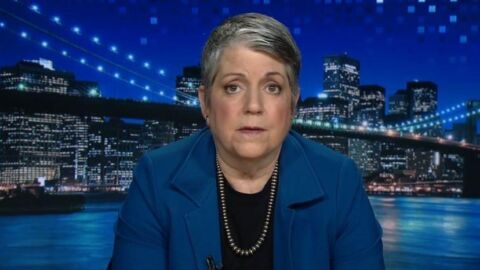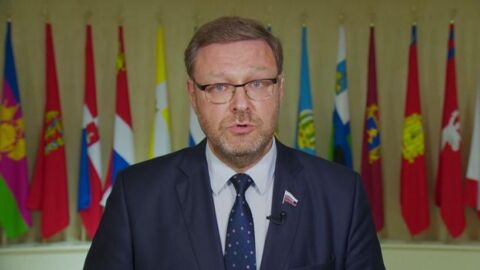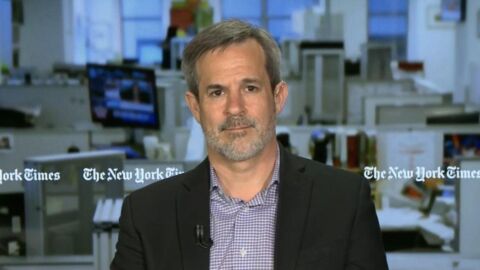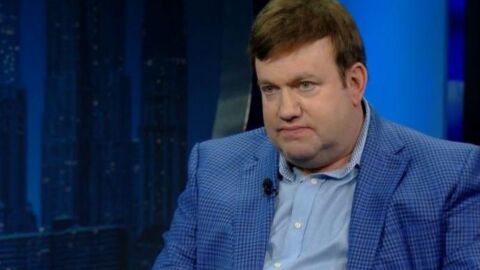Read Transcript EXPAND
CHRISTIANE AMANPOUR: So let’s just start with this controversial move by President Trump to sign off on the — accepting the annexation of the Golan Heights. Why — I mean it’s obviously a problem in international law, the U.N. doesn’t recognize this move and doesn’t recognize Israel’s ownership of the Golan Heights.What, though, does it mean in terms of what you’re talking about and what seems to be rising? The sort of growing schism between American Jews and Israeli Jews and criticisms of this Netanyahu government, per se?
JONATHAN WEISMAN, DEPUTY WASHINGTON EDITOR, THE NEW YORK TIMES: Well, let’s look at the response. I mean after President Trump recognized the Golan Heights as part of Israel, a very senior Israeli official said that if he can recognize the Golan Heights as part of Israel, he’ll recognize other occupied territories as parts of Israel. There will be a ripple effect. And that ripple effect, once again, is going to further what is developing into a rift between American Jews and Israeli Jews. I mean remember, there’s obviously multiplicity of opinions in American Jewry and Israeli Jewry. But the majority of American Jews are not fond of President Trump. And the majority of Israeli Jews really like President Trump. Right there is how this rift is really manifesting itself politically now.
AMANPOUR: And before we go into that rift, because it is very important obviously, politically and in every other way, just quickly touch on that issue of annexing other parts of the region. Clearly, the Palestinians are concerned that this precedent would lead them to worry that President Trump might approve annexation of a certain part of the West Bank, the occupied West Bank. I guess all of that obviously is important because it’s meant to be resolved in a peace settlement between the two sides. This schism that you’re talking about and all the politics around it, does that make peace more or less likely? And particularly, the sort of peace bond between President Trump and Prime Minister Netanyahu that we keep believing is going to be unveiled at any time soon?
WEISMAN: Well, I think the schism that we’re talking about is, in part, because there is no sense that there is any real opportunity for peace, that there really is any pressure on the Israelis to come to the table with the Palestinians and for the Palestinians to come to the table with Israel as well. But for so many young Jews, we’ve been — they’ve been talked to about a two-state solution, about eventually giving Palestinians a land that they can call their own. But, in fact, they have seen no movement toward this at all. And the talk of a two-state solution, the talk of a peace agreement between Israel and the Palestinians feels now just farfetched. It’s like a big joke.
About This Episode EXPAND
Russian Senator Konstantin Kosachev shares Moscow’s reaction to the Mueller investigation’s findings. Janet Napolitano on whether America’s 2020 elections will be secure. And Jonathan Weisman, author of “(((Semitism))): Being Jewish in the Age of Trump,” on the the partisan rift over US-Israel ties. Republican strategist Frank Luntz joins Walter Isaacson to discuss America’s toxic politics.
LEARN MORE



